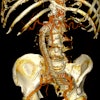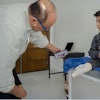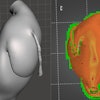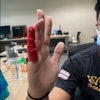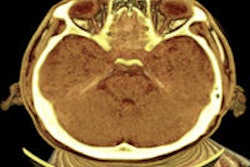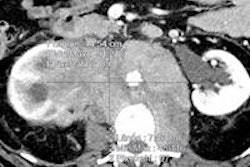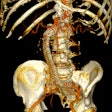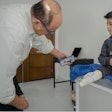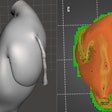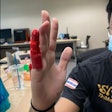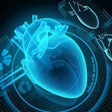Dear AuntMinnieEurope Member,
PACS is now a mature technology, so increasing numbers of hospitals are considering replacing their systems and switching suppliers. This may be daunting for many users, but it can make sound commercial and logistical sense.
Dr. Neelam Dugar and her colleagues at Doncaster Royal Infirmary in the U.K. recently completed this process, and are keen to share their experiences in a series of monthly articles. To read the first part, go to our PACS Digital Community or click here.
The Journées Françaises de Radiologie (JFR) congress begins in another three weeks, and our French-based associate editor, Frances Rylands-Monk, has interviewed some of the key players. Cancer imaging is the major theme this year. Get the story here.
PET/MRI is developing a greater clinical role in oncology. Italian and U.S. researchers have found that this emerging technique outperformed PET/CT for swollen lymph nodes (lymphadenopathy) and tumors in regions that were difficult to assess with PET/CT, such as the kidneys, and achieved greater sensitivity with bony and hepatic metastases. Visit our Molecular Imaging Digital Community, or click here.
Meanwhile, we have three important stories from Germany. Firstly, authors of an article published in the European Journal of Radiology reported that for patients with a low heart rate who cannot hold their breath during coronary CT angiography, images can be acquired during free breathing when using a high-pitch scan mode in second-generation dual-source CT machines. Click here for the details.
Secondly, a German-U.S. team has discovered 3D semiautomated software can provide similar measurements and diagnostic accuracy to manual methods for evaluating dynamic myocardial perfusion CT data, and it's also much faster. For the full story, click here.
Finally, in experienced hands, breast MRI with mammography or ultrasound can help to avoid biopsies of suspicious lesions that would otherwise turn out to be false positives, according to Dr. Kevin Strobel from the University of Aachen in Germany. Click here to learn more.
